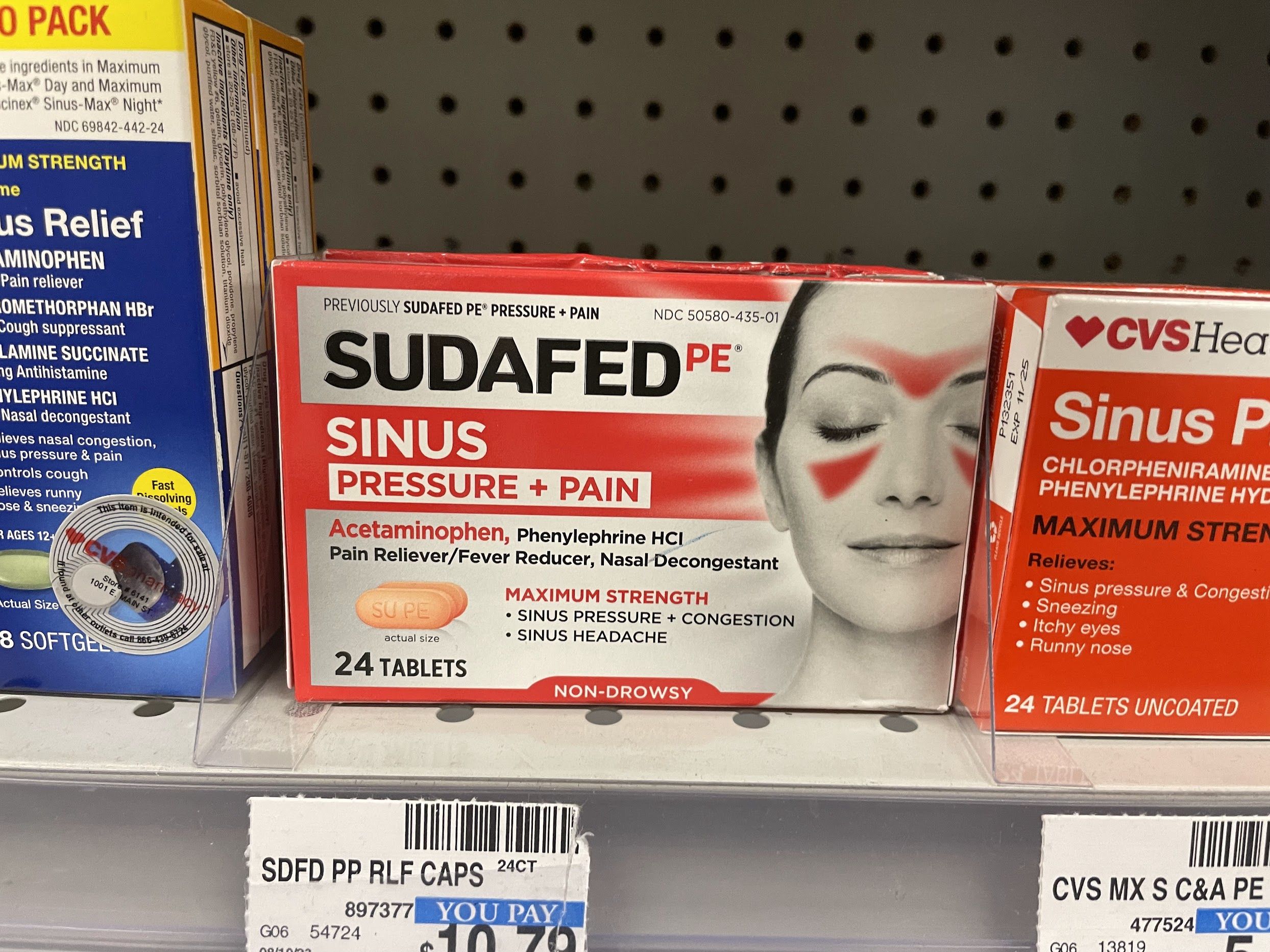Primary Care
Want to learn more about this at Kettering Health?
October marks the start of the cold and flu season. And for families especially, that means rummaging through pharmacy aisles for brightly decorated boxes of cold medicine. All in hopes of staving off coughs, sore throats, and piles of used tissues.
But a common ingredient found in more than 200 cold medicines and products—phenylephrine—drew the attention of the Food and Drug Administration (FDA), who recently said it doesn’t work.
This has led many to ask “Why doesn’t it work now?”; “Which cold medicines can I take?”; and “What should I do when I get sick this season?”
And they’re questions Dr. Austin Williams, a family medicine physician, wants to answer for his patients.
What is it and why now?
The first thing to know is the FDA says phenylephrine is ineffective, not that it’s dangerous. Even so, what is it and how does it go from being useful to useless?
Phenylephrine is a nasal decongestant, found in popular products like Sudafed and NyQuil. Decongestants help slow the creation of mucus in the nose. “Mucus is a by-product of filtered blood in the nose,” says Dr. Williams. “The way these [decongestants] work is they constrict the blood vessels in the nose, so you have fewer liquids coming out of vessels and less mucus.”
But over the years, medicine manufacturers retooled recipes for decongestants to make it more difficult for them to be used in illegal drugs. And in the case of phenylephrine, “a lot of it has watered down any effect it would have.”
Even so, Dr. Williams has concerns about decongestants. They constrict blood vessels in the nose—and throughout the body. That can be dangerous, particularly for those with heart conditions, those who’ve had a stroke, or are at risk for one. The greatest danger, then, isn’t phenylephrine. It’s when people take excessive amounts of cold medicine after their symptoms haven’t improved.
But, you have plenty of options still this cold season to keep sore throats and running noses at bay.
Your options this season
“Antihistamines are still going to be the first line,” says Dr. Williams. These relieve swelling that leads to stuffy noses caused by histamines, chemicals made by our immune system. Dr. Williams suggests products such as Allegra, Benadryl, and Claritin. But before you buy any medicines, talk to your doctor to ensure you know which ones are best for you.
Of course, though, the best way to feel great this cold and flu season is to avoid getting sick. Dr. Williams points to the options we typically always have available, such as
- washing your hands
- wearing a mask
- getting your flu, COVID-19, and, if age appropriate, RSV vaccines
- staying physically active
- getting plenty of sleep
If you do get sick, most colds last a few days. “The best thing to do is stay hydrated, stay home, and get some rest.” If you’re sick for longer than a week, though, it may be a bacterial infection. “In that case, you may need to see a doctor to get an antibiotic.”









